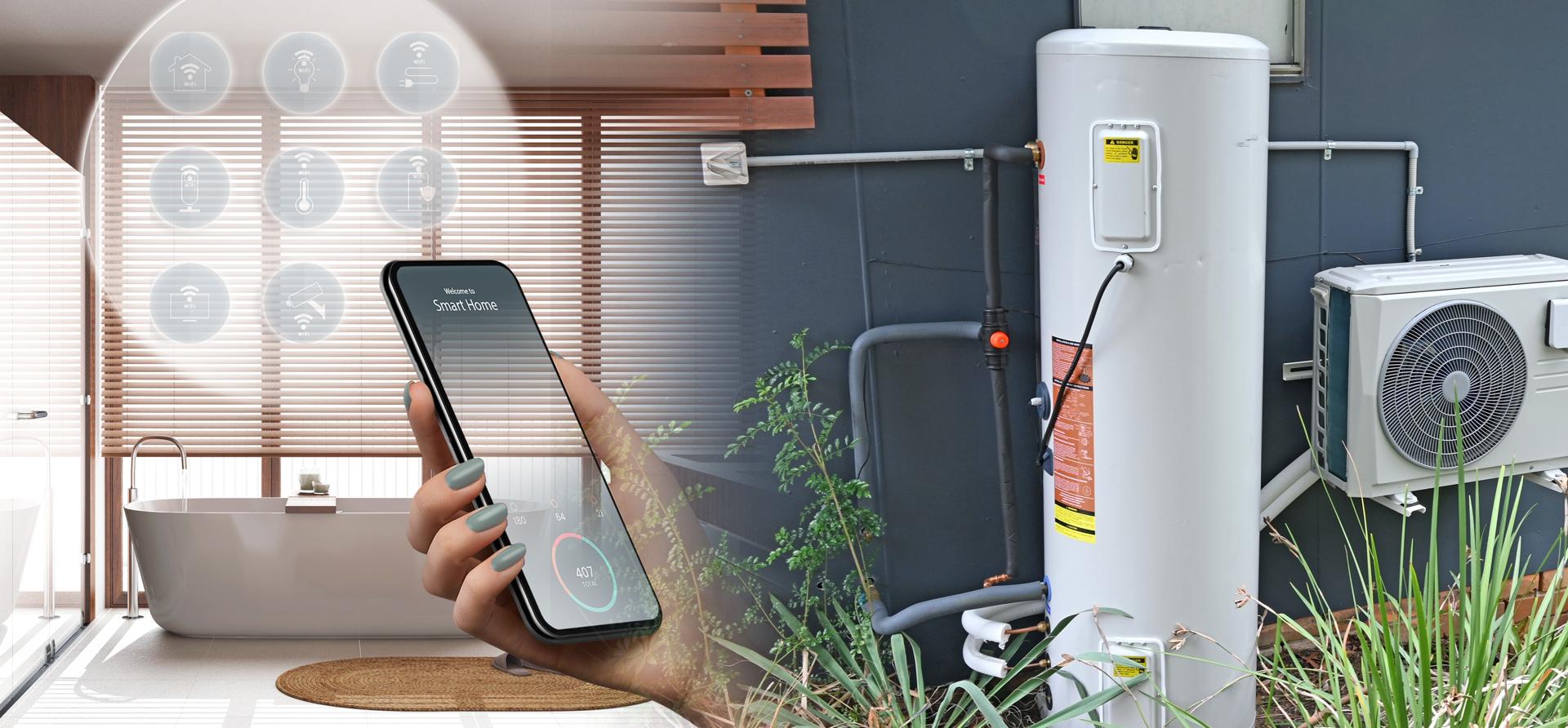Australia needs more efficient, smarter home hot water systems
Download Briefing Note
View Press Release

Key Findings
Improving efficiency and flexibility of water heating can significantly reduce this major cost for households and for the entire electricity system.
Hot water systems in Australia should be dynamically managed, to heat when there is abundant renewable electricity.
Government subsidies and standards should be updated to ensure all hot water systems sold in Australia are efficient and smart, as a futureproofing and cost-saving measure.
A century after Australia’s first coal-fired power station opened, household rooftop solar systems across the country collectively produce more electricity than any single coal-fired power station. Yet electricity distribution networks still rely on 1950s technology to manage household water heating with “ripple control” to soak up “excess” coal-fired electricity available overnight.
While there is abundant rooftop solar generation in the middle of the day, demand is highest in the 4pm-8pm evening peak period. Hot water systems (HWS), which account for about a quarter of household load, offer the biggest and cheapest solution for this mismatch by shifting a significant amount of the demand to the middle of the day.
While some of the solar energy generated can be stored in batteries, introducing flexible demand can reduce household energy bills, and is cheaper than storage.
For more than 70 years, ripple control has been used in most electric hot water systems by sending signals overnight to separate HWS units on controlled load circuits. This long history of overnight electric water heating demonstrates consumers’ acceptance of flexible water heating.
Gas hot water systems are common, especially in southern Australia. They present a significant opportunity for efficient and smart electrification. As IEEFA analysis has shown, if gas appliances were required to be replaced with efficient electric alternatives at their end of life, the average Victorian household could save $1,200 a year on its energy bills. Heat pump hot water systems are three to four times more efficient than resistive electric, substantially reducing electricity use.















